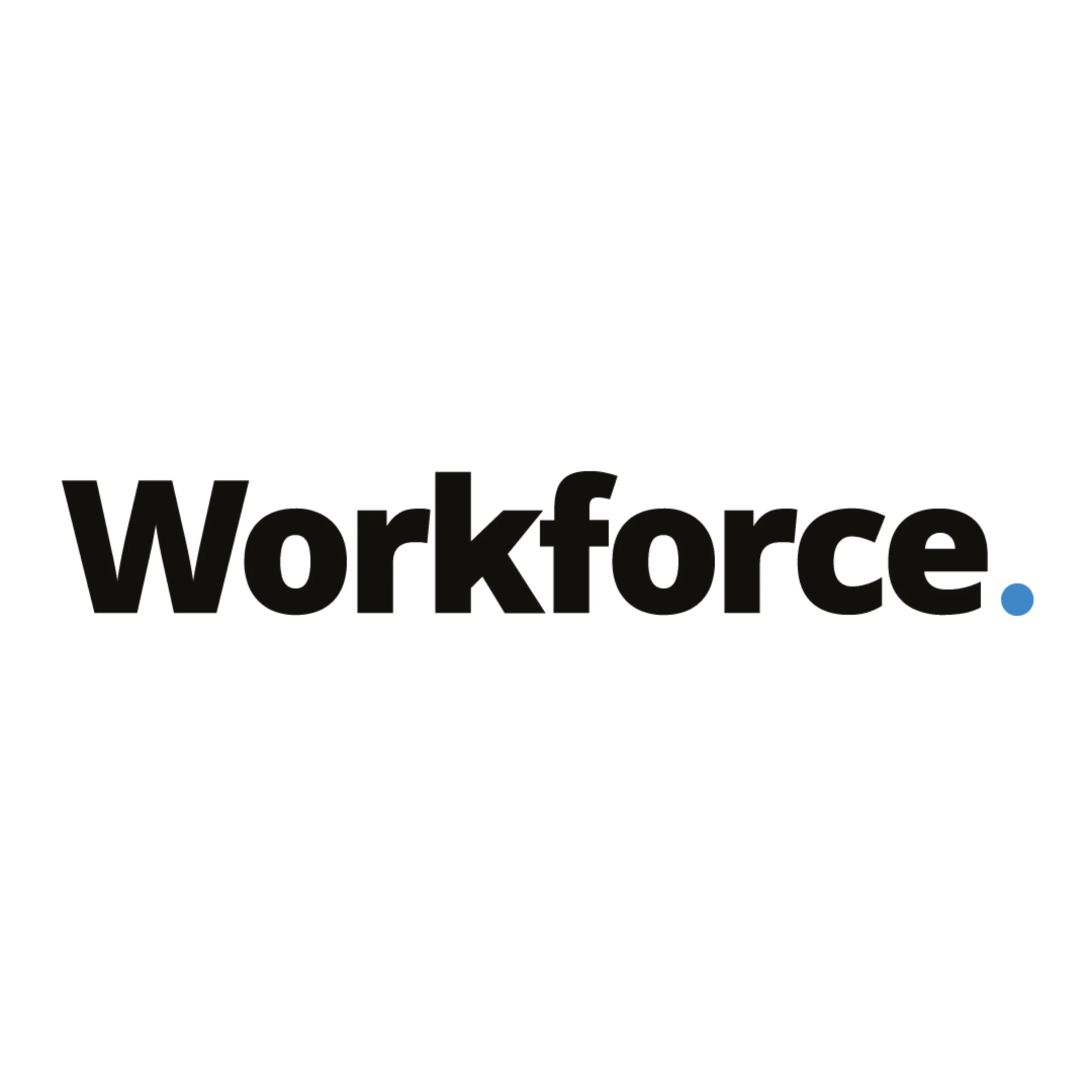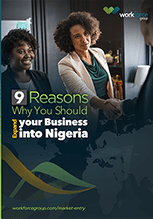87% of U.S. firms believe that international expansion is necessary for long-term growth. Since the dawn of the new millennium, Nigeria has remained one of the top countries of choice for expanding your business and operations into the African market.
In the 2020 edition of the World Bank’s Doing Business Report, Nigeria was one of the top 10 economies who had improved the most across three or more areas since the 2018/19 edition was released.
New policies that have significantly improved the processes of starting a business, dealing with construction permits, getting electricity, property registration, trading across borders and contract enforcement has helped Nigeria attract strong inflows from American companies, including giants like Uber, and Facebook, as well as Emergent Payments, and Meltwater Group. Companies like Opay, PalmPay and Western Metal Products Company Limited (WEMPCO) have also been investing considerably in the country, mainly in the textile, automotive and aerospace industries.
However, as with any new terrain and business decision, there are some key factors that must be truly considered and understood before the market entry strategy is executed. Failure to do this can be detrimental to the success of the business venture as they may be ill-equipped to navigate the complexities of the new market.
While Nigeria has been listed as one of the fastest growing economies in Africa, there are still a lot of reasons why Nigeria is the ideal location for your company’s expansion efforts.
Download our guide to learn 9 more reasons why you should expand your business into Nigeria.
Download Guide [icon name=”angle-double-right” class=”” unprefixed_class=””]
9 Things You Need To Know Before Expanding Your Business into Nigeria
- As of 2020, the estimated population of Nigeria is over 200 million, which makes it the country with the seventh-largest population in the world. Nigeria also has one of the largest populations of youths in the world with a median age of 18.
- There are over 500 native languages spoken in Nigeria, but English is the official language of business in Nigeria. About 62% of the Nigerian population can read and write in the official language of the country.

- There are many religions in Nigeria, but the country is almost equally divided between Christianity and Islam.
- Nigeria is the biggest economy in Africa, and this is mainly due to its export market. About 70% of the country’s employment comes from the Agricultural sector, while petroleum products which are the main export products account for over 90% of Nigeria’s exports.
- Patriarchy still exists in Nigeria; women are vastly underrepresented in the decision-making positions in government. As of 2019, only 3.38% of the national parliament seats were held by women. However, career growth opportunities continue to rise for women, especially in senior positions within both the corporate and political sectors.
- The office hours in Nigeria are usually 8 am to 5 pm, from Monday to Friday and the business culture is dependent on several varying factors because over 250 different ethnic groups exist in the country. Expatriates need to be flexible and willing to improvise to fit into the preset workplace culture.
- In Nigeria, the management system is usually hierarchical. Bosses expect and receive respect from the people working under them. However, this does not automatically mean that all decisions are made with a “top-down” approach.
- Nigerians are friendly and welcoming to visitors; they are usually interested in the lives and experiences of foreigners.
- Although Nigeria has had a long ongoing battle with bribery and corruption, there is a considerable improvement. The current administration has put strong measures in place that clamp down on any form of corruption and bribery at every level of government.
All of the facts about Nigeria listed above provide you with a realistic idea of what to expect, opportunities for your business and also situations to avoid. Every market has its own complexities and only those foreign businesses who have the right information and local partnership will be able to successfully set up operations within the market.
Despite the obvious challenges that come with entering the Nigerian market, there are also many benefits. Businesses will have no problem finding skilled hands and talent to work for them because of the high youth population in the country. The large population also provides a ready and willing market for B2B and B2C businesses.
Workforce Group offers market entry services to foreign companies who want to expand their business into Nigeria and other African countries. We leverage on our extensive knowledge of the market and existing labour laws to help organisations expanding into the African market, achieve their strategic and growth objectives. We’ve been at this for the last 16 years. Contact us to help you navigate the murky waters of expanding your business into Nigeria.


